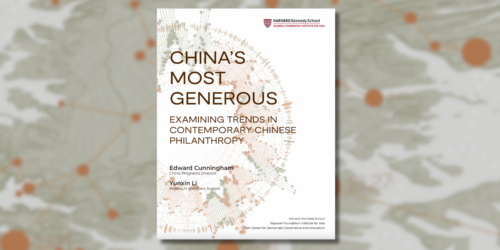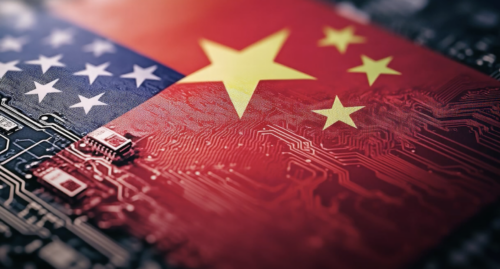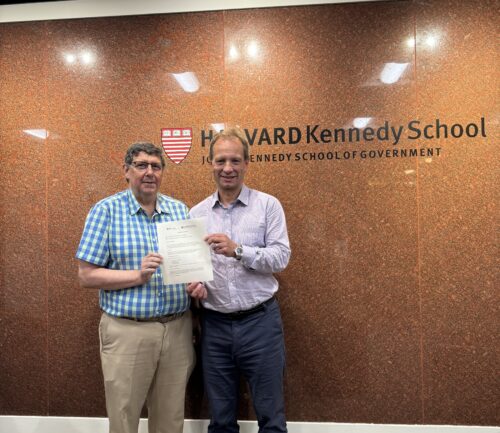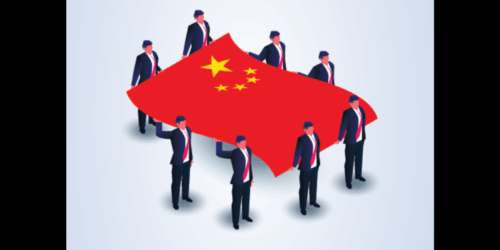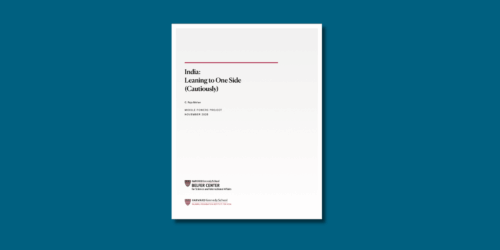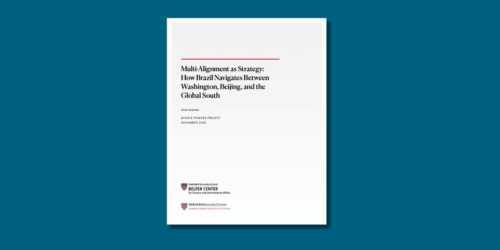Cambridge, MA — The Rajawali Foundation Institute for Asia is pleased to announce the publication of Institutional Change and Adaptive Efficiency: A Study of China’s Hukou System Evolution (World Scientific, 2023), co-authored by Harvard Kennedy School’s Tony Saich and Kunling Zhang from Beijing Normal University. In their new study of China’s hukou, or household registration system, Saich and Zhang examine how the evolution of hukou has taken divergent paths across the country, even as Beijing has nominally pressed for greater institutional reforms. Saich and Zhang explore how the system has shifted from top-down implementation to bottom-up experimentation during the reform period. The authors review the relationship between the impact of hukou reform and economic growth to explain why many cities retain some restrictions on labor movement, even though the system is seen as perpetuating significant inequalities.
Despite the negative view of the system held by many scholars, there is a logic for its maintenance, they argue. Saich and Zhang write that the system is “adaptively efficient”, even if many do not see it as a “good” institution. However, adaptiveness has been declining over time and further forward momentum on reform is required, they conclude. At the core of the challenge is the link between hukou status and welfare provision. The authors suggest gradual steps to resolve this dilemma, accepting that a radical shift will be resisted by “vested interests” at the local level.
About the Authors
Tony Saich is the director of Rajawali Foundation Institute for Asia and Daewoo Professor of International Affairs at Harvard Kennedy School, teaching courses on comparative political institutions, democratic governance, and transitional economies with a focus on China. In his capacity as the Institute Director, Saich also serves as the Faculty Chair of the China Programs, the Asia Energy Leaders Program, Unseen Legacies of the Vietnam War and the Global Vietnam Wars Studies Initiative.
Saich first visited China as a student in 1976 and continues to visit each year. Currently, he is a guest professor at the School of Public Policy and Management at Tsinghua University, China. He also advises a wide range of government, private and nonprofit organizations on work in China and elsewhere in Asia.
His current research focuses on politics and governance in post-Mao China and philanthropy in China. His most recent books include From Rebel to Ruler: One Hundred Years of the Chinese Communist Party (2021); Finding Allies and Making Revolution: The Early years of the Chinese Communist Party (2020).
Kunling Zhang holds a PhD in Economics from Beijing Normal University. He is now an Assistant Professor of Economics in Belt and Road School at Beijing Normal University, teaching courses to graduate and undergraduate students on public economics. Previously, he was a visiting fellow at the Australian National University (2017–2018) and Harvard Kennedy School (2019–2020). His current research focuses on the fields of development economics, institutional economics and political economy, especially the role of institutional change in economic transformation of developing countries. He has published about 20 academic articles on economics (in both Chinese and English). His most recent project titled Belt and Road Initiative and Industrialization, concerning the role of China’s Belt and Road Initiative (BRI) in industrialization in developing countries, will be published soon.
About the Rajawali Foundation Institute for Asia
The Rajawali Foundation Institute for Asia at the Ash Center for Democratic Governance and Innovation advances research and teaching about policy challenges both within the region and Asia’s place in the global community. The Institute works to deepen understanding of the region, explore possibilities for innovation, and advance important initiatives that will affect millions of lives in Asia.
Contact
Daniel Harsha
Director of Communications and Strategic Initiatives
Daniel_Harsha@hks.harvard.edu
Sarah Grucza
Assistant Director of Communications
Sarah_Grucza@hks.harvard.edu
